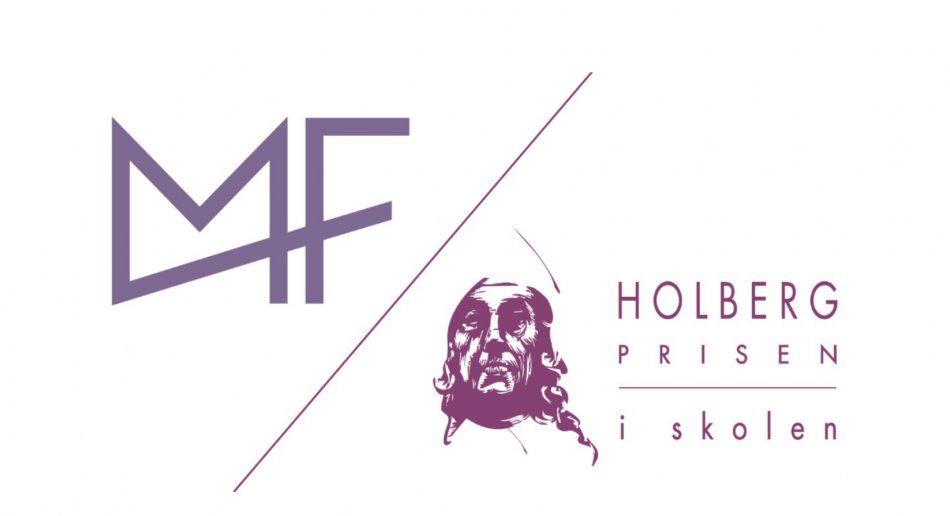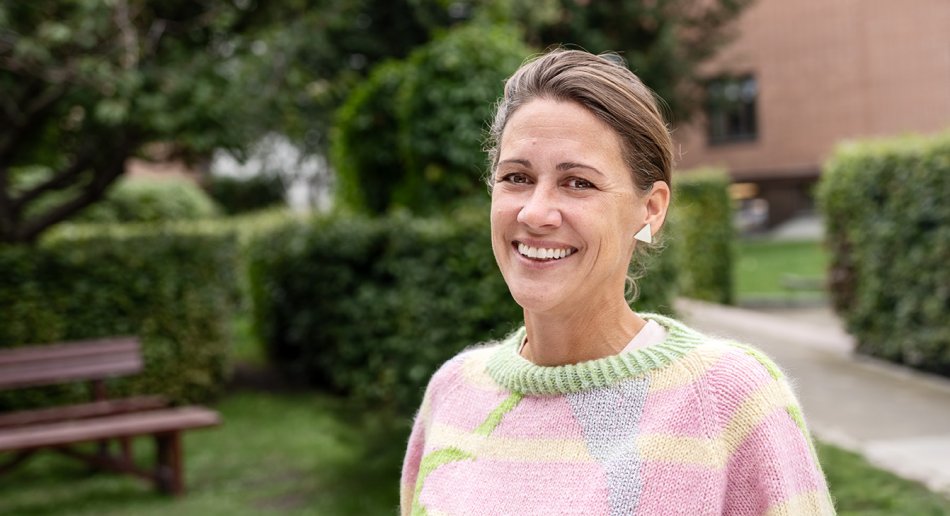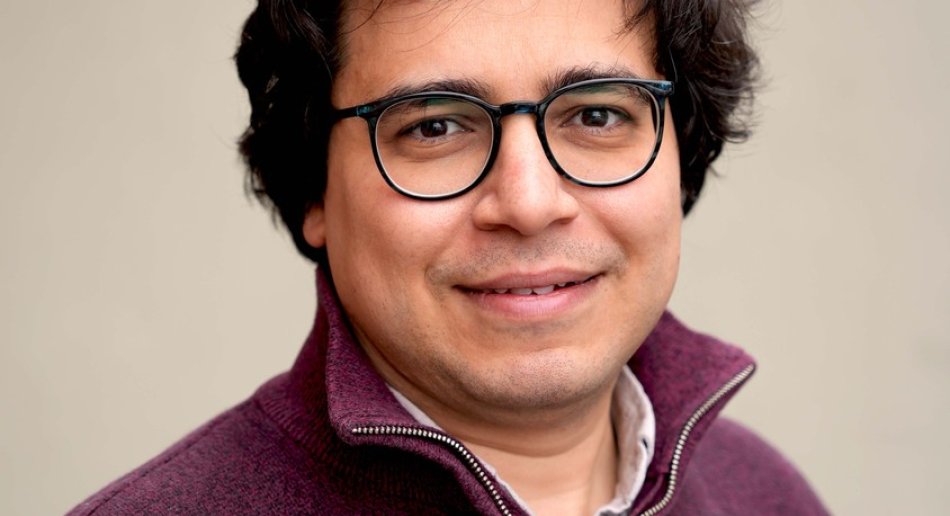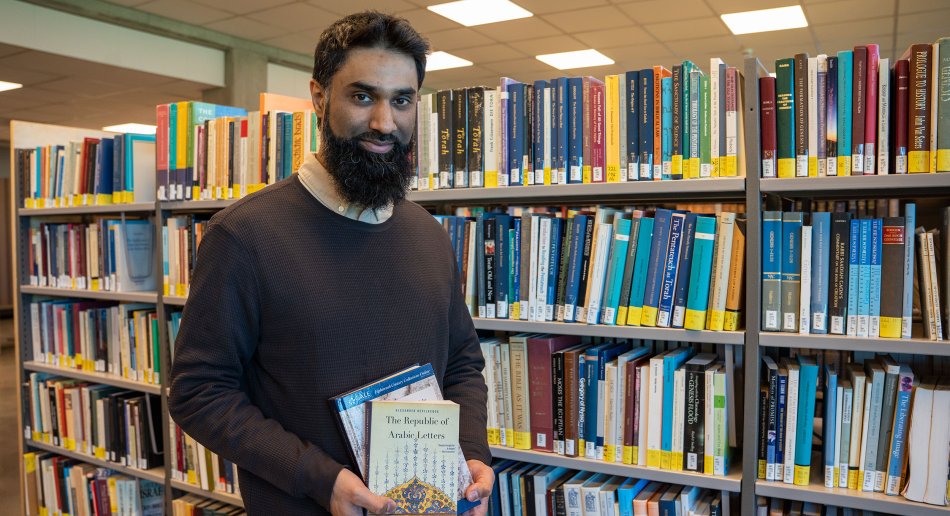MF Student Publishes in Renowned Journal
This year is the 75th anniversary of the discovery of the Dead Sea Scrolls. Master's of Theology (MTheol) student, Signe M. Hægeland, has recently published an article in Biblical Archaeology Review about all of the fragments that have gone missing after their discovery. - Very helpful and an important contribution to the field, says associate professor Matthew Monger.
The Lying Pen of Scribes
Funded by The Research Council of Norway.
Brings together researchers from Image Sciences, Physics, Archaeology, Religious Studies, Media Studies and Dead Sea Scroll Studies in a new interdisciplinary and holistic approach to the study of the Dead Sea Scrolls.
Owned by the University of Agder and chaired by Professor Årstein Justnes. The members of the research team are based at the University of Agder (Kristiansand), the Norwegian University of Science and Technology (Campus Gjøvik), NLA University College (Oslo), and MF Norwegian School of Theology, Religion and Society (Oslo). Liv Ingeborg Lied is the project chair from MF.
The article was written in cooperation with professor Årstein Justnes (University of Agder). Hægeland is working on a master's thesis in theology within Old Testament studies. And it is on the lost Dead Sea scroll fragments that she will be writing. She took her bachelor's degree at Ansgar University College, and it was there that she first found out about the research project The Lying Pen of Scribes.
Tell about how you became part of The Lying Pen of Scribes project?
- Årstein (Justnes, ed.) was teaching Hebrew at Ansgar (University College, ed). He made it clear that he was interested in students becoming part of the Lying Pen-project. In the days following Christmas 2020, I started working as a research assistant on the project, and I have, among other things, been a part of creating a database over lost fragments.
Lost fragments? What does that mean?
- Surprisingly many fragments have disappeared after they were photographed during the 1950s and 60s. What may have happened is that a fragment that previously was considered a part of one manuscript has been transferred to a different manuscript. This transfer of fragments is seldom documented. It is therefore difficult to know for certain which fragments have been transferred where. We are not completely sure when this practice of physically transferring fragments from plate to plate ended. But at some point between the 1960s and the 1990s, a change occurs: fragments are no longer moved physically from one museum plate to another. Today if a scholar thinks that a fragment does not belong together with the manuscript it has been placed with, they argue for this in an academic text, not by moving the fragment itself physically. Also, some fragments have actually been stolen.
Part of the project attempts to shed light on a problem with the missing fragments and find a best possible solution.
Signe M. Hægeland
One of the goals of the project is to make it easier to study the Dead Sea Scrolls in the future:
- We are trying to think of what could be useful for future scholars – how can we make things as accessible as possible?
Pioneer Work in the Field
Much has happened in the field since the first Dead Sea Scrolls were discovered. The first scholars to study the scrolls and the scholars involved in The Lying Pen of Scribes project, can all be said to be doing pioneer work. Signe has great respect for the early work that was done on the Dead Sea Scrolls by scholars who at that time were not much older than herself.
- A part of the project attempts to shed light on a problem with the missing fragments and to find the best possible solution. We do not wish to criticize the earlier scholars, we have great respect for their work.
Before Signe continues, she shares a little history about the Dead Sea Scrolls: - The scrolls were originally found by Bedouins. Scholars found out about the scrolls after a while, and in time the Bedouins began selling the scrolls to the scholars, often via dealers in antiquities. Fragments from the so-called Cave 4 at Qumran have been regarded as especially valuable, both because very many fragments were found there and because it contains many Biblical texts. Since the fragments to a large extent were found by people without archeological training, we can often not know with certainty which of the caves the different fragments were found in. This is just one of the elements of uncertainty within Dead Sea Scrolls research, and shows why a little cleanup work is necessary.
What has it been like to work on this?
- It has been a lot of fun. I was not especially interested in the Dead Sea Scrolls before I began working on the Lying Pen project, but I have gained much useful knowledge about research in general and have seen how research can be done. That is a handy experience to have.
Do you have any advice for other students who need to decide what to write their master's theses on?
- That is difficult, I myself thought it was difficult. I think it was a very good opportunity to get a chance to write a master's thesis within a larger project, so that is what caused me to choose exactly this dissertation. Connecting yourself with highly competent people might be more important than finding the most fun project, and it is smart to find a supervisor who is good at what you are going to write about. I would try to connect with a person or project rather than write about what I found to be most interesting. At the same time, it is important to consider that what you are going to work on, must be interesting. After all, you will be working with the subject for a whole year.
Plans for further research?
- I will be done in the spring of 2023. It would be fun to continue working in an academic setting. I will have to wait and see a little and am open to the opportunities that turn up.
Plenty of opportunities for students to participate in research
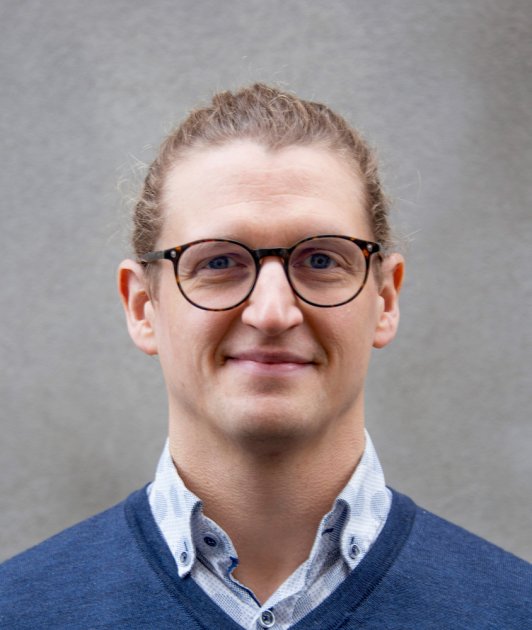
Matthew P. Monger, associate professor of Near Eastern languages and literatures, is Hægeland's supervisor.
- It is a lot of fun when a student is able to publish something, especially in a journal that is as widely read as Biblical Archaeology Review. Signe was even able to publish an article before turning in her master's thesis, which is unusual. It is generally very good that students can be included in research in this way.
Monger says there are many opportunities for students who are interested to participate in research projects, especially in such projects as The Lying Pen which has a limited selection of manuscripts:
- That can make it easier to take part in a project as a master's student. For students who wish to get involved, my advice is that they approach scholars who work with the things they find interesting. You must be prepared for a lot of work, but the results are often exciting at that level.
Being able to participate in a research project can be especially important for students who wish to work in an academic setting:
- Signe's work is a tremendous help and an important contribution to the field. Her master's project is perfect for following up with a PhD project. Signe has also presented the contents of her article at a large conference arranged by Lying Pen, so she also gives the project a face, says Monger.
Are you interested in studying theology? See what studies we can offer here.
Recent news Research news
